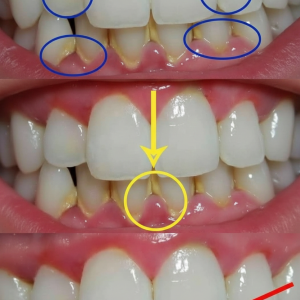Sleep paralysis is a temporary state where you are awake but unable to move, often accompanied by hallucinations or the sensation of pressure on the chest. It occurs when the brain wakes before the body during REM sleep, leaving muscles temporarily paralyzed.
Triggers include sleep deprivation, irregular sleep patterns, stress, anxiety, depression, and sleep disorders. While the experience can be frightening, it is not harmful and usually passes within seconds to minutes. During an episode, focusing on breathing and small movements can help break the paralysis.
Prevention focuses on healthy sleep habits: maintaining a regular schedule, limiting caffeine and alcohol before bed, establishing a calming nighttime routine, and managing stress. Understanding sleep paralysis and practicing self-care can reduce its occurrence and ensure restorative, peaceful sleep.





